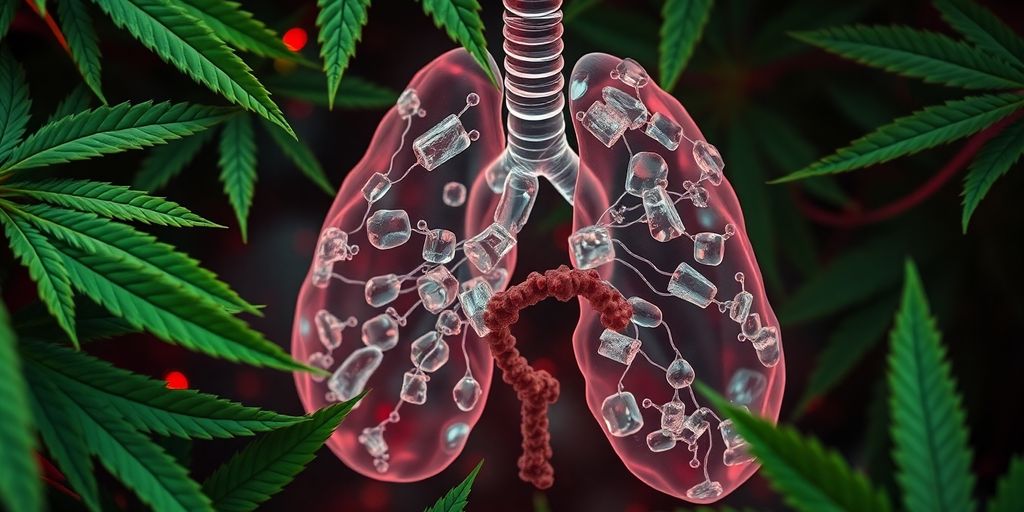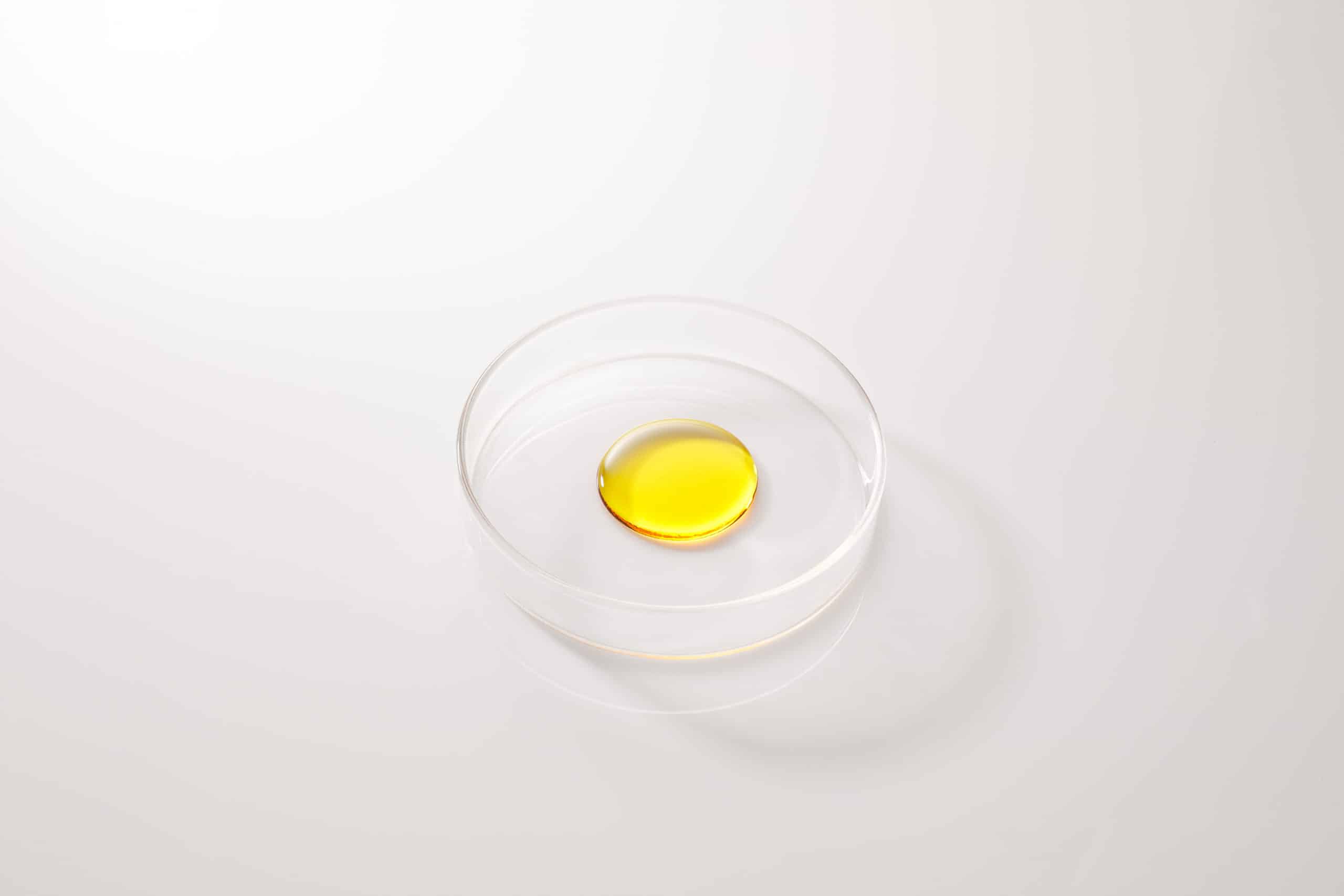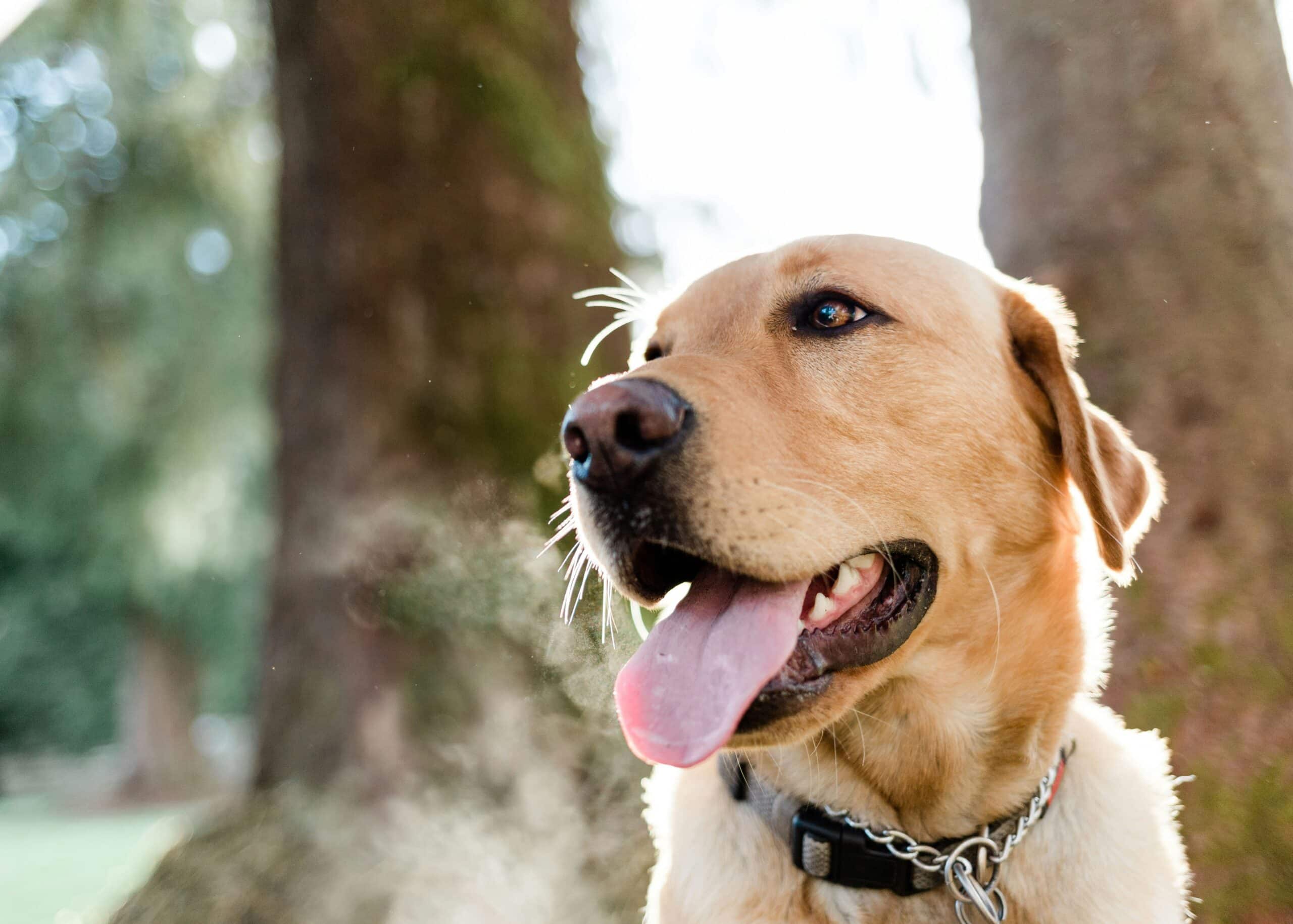Arkansas has both a climate and a regulatory structure that are friendly to hemp, but will the state’s culture or economy pose any impediments to companies offering cannabinoid products? These are the types of questions we’ll cover in this guide, which will unveil the ins and outs of starting a hemp business with operations in Arkansas. By the end, it may be apparent that white-labeling cannabinoid products imported from another state remains the best option at your disposal despite Arkansas’ best effort to incentivize hemp production.
Arkansas cannabinoid law overview
– CBD products containing less than 0.3% are legal in Arkansas, legalized specifically by the Arkansas Agriculture Act of 2017¹
– Even before the passage of the federal 2018 Farm Bill, Arkansas was already doing its best to revitalize local economies with hemp agriculture
– Arkansas was at the forefront of the 2018-2020 hemp boom
– Hemp commerce has since slowed down in the state, leading many farmers to abandon it as a cash crop²
– The number of Arkansas hemp farmers has reduced from 125 in 2019 to less than 25 in 2022
– Cultivators indicate that adhering to regulations has made hemp farming difficult in Arkansas
– Raw hemp oversaturation remains an issue nationwide and is felt acutely in Arkansas
– Hemp cultivation may be entering a depression in Arkansas, but hemp demand remains at an all-time high
– The state government recently failed to ban THC derivatives³ in the state, indicating an unabated interest in cannabis-related topics
Despite ongoing challenges, hemp growers in Arkansas face additional hurdles due to strict lingering policies.
Can I sell CBD in Arkansas?
Yes, it is fully legal to sell CBD products in Arkansas. Anticipating federal legislation that would legalize hemp nationwide the following year, Arkansas passed a law in 2017 that both legalized CBD commerce and allowed farmers in the state to start growing CBD-rich hemp plants.
At the time, Arkansas was experiencing an agricultural depression, which state regulators believed could be alleviated through hemp production. As a result, regulators in Arkansas confidently promoted the state’s fledgling hemp industry, contributing to an oversupply issue that has caused the number of hemp farmers in Arkansas to dwindle dramatically.
To be clear, there is great demand for high-quality, finished CBD products in Arkansas. The oversupply issue pertains to raw hemp biomass, often poorly cultivated and processed by farmers with no previous knowledge of hemp. There’s a significant demand in Arkansas for hemp products, and if the capability existed to process biomass into the types of high-quality finished hemp products produced in other states, hemp products would flourish in the state.
Is it legal to grow hemp in Arkansas?
Yes, growing hemp is perfectly legal in Arkansas, and in fact, the state government has gone out of its way to make the process simple and incentivized for growers who wish to cultivate the crop. The only stipulation made by the Arkansas state government is that dried hemp contain less than 0.3% THC, theoretically leading to Arkansas becoming a paradise for hemp cultivation.
Do you need a license to grow hemp in Arkansas?
Yes, it is necessary to become properly licensed if you wish to become a hemp cultivator or processor in Arkansas. Compared to other states, Arkansas makes it remarkably easy to navigate its hemp certification program with a simple diagram existing on the Arkansas hemp homepage⁴. Any prospective applicant can use it to quickly determine the workflow and fee schedule for their desired type of certification.
Arkansas hemp license process
If you intend to apply for a hemp cultivation or processing license in Arkansas, the first step is to navigate to www.agriculture.arkansas.gov and then find the tab for hemp program licensing. The state of Arkansas provides a very detailed Powerpoint presentation that applicants can review before applying, located at the top of the page.
Scroll down to view this year’s application deadlines, followed by a link to the following important documents:
– Arkansas Hemp Application Instructions (PDF)
– Arkansas Hemp Grower Application (PDF)
– Arkansas Hemp Processor Application (PDF)
To determine how much you will need to pay to become certified, use the embedded JPG table located a bit further down the page. While potentially overwhelming at first, this diagram is very useful for determining how much you need to pay as a hemp processor or grower in Arkansas.
Starting from the top-left corner, take a look at the column labeled “fee description,” and determine which fees apply to your scope of business. All applicants, for instance, pay the “application fee” and “license fee,” which is indicated if you move a few columns over by the field indicated “license type.” If you need to pay a fee for both types of licenses, the entry under this field will be “both.”
Some fees may apply for certain years but not others, such as the “site modification fee” or the “GPS verification fee,” which only apply to new or modified facilities. Every year, though, hemp growers in Arkansas will need to pay the following fees:
– Application fee: $50
– License fee: $200
– Acreage fee: $50-1,000
– Sampling compliance fee: $100 per sample
– Minimum total: $400
Additional yearly compliance fees Arkansas hemp cultivators may accrue include:
– Site modification fee: $200 per modification
– GPS identification fee for new facilities: $100 per facility
– Greenhouse fee: $100 per greenhouse
A separate, yet sometimes overlapping, set of fees apply to hemp processors, meaning business entities that handle harvested hemp in the process of turning it into high-CBD extracts and finished products. The following fees apply every year regardless of the scope of your hemp processing operation:
– Application fee: $50
– License fee: $200
– Processor/handler fee: $500-1,500
– Minimum total: $750
Additionally, the following fees could be applied to a hemp processing operation in Arkansas depending on the circumstances at hand:
– Site modification fee: $200 per modification
– GPS identification fee for new facilities: $100 per facility
Does Arkansas have a good climate for hemp cultivation?
Environmental conditions are highly conducive to hemp cultivation in most parts of Arkansas. The state can experience harsh winters and seasonal weather systems that occasionally damage crops or shorten growing seasons. Overall, though, hemp cultivators in Arkansas are theoretically capable of harvesting abundant yearly crops due to warm summers with reasonably high levels of rainfall throughout the state.
How to start an Arkansas Hemp Business
This is not the time to start growing and processing your own hemp in Arkansas from scratch. High hopes for the state’s hemp industry have faced challenges, including oversupply and the steep learning curve of cultivating cannabis.
While hemp farming struggles, Arkansans are discovering the potential of cannabinoids like never before. Many residents first tried CBD through products sold at local food co-ops and natural food stores. However, as Arkansas’s hemp economy has declined, many of these products have been pulled from shelves.
Benefits of private labeling
Arkansas has a consumer niche eager for hemp and frustrated by the lack of high-quality products. This creates an ideal opportunity for cannabinoid companies, both local and non-local, to introduce Arkansans to premium artisan hemp products similar to those crafted in states with leading hemp producers.
The bottom line: Is starting a hemp business in Arkansas a good idea?
Starting a hemp business in Arkansas is still a good idea even today if you simply limit the scope of your business to the areas that are profitable within the state economy. Biomass producers in the state, for example, often search for wholesale contacts to distribute their inventory, making it a challenging period to introduce unprocessed hemp materials of any kind in Arkansas.
With many companies failing and local products going out of stock, however, there has never been a better moment to pick up the slack with better cannabinoid offerings produced in states like Oregon, which has been the epicenter of the hemp revolution since its inception. Arkansas shoppers are eager to embrace CBD, they just need exposure to the right products.
Arkansas Hemp Business FAQ
Learn more about the process of getting licensed and starting a hemp business in Arkansas below:
How do I get a hemp license in Arkansas?
The process of applying for a hemp license in Arkansas is generally very simple. Just navigate to the state’s hemp program homepage, check the diagram to determine which type of licensing and fees apply to your business, and download any forms you may need to fill out. Then, simply submit your finished application by mail or online along with any relevant fees.
Can I get a hemp license in Arkansas online?
Yes, it is possible to go through the entire process of becoming a licensed hemp cultivator or processor in Arkansas completely online. All of the required paperwork is available on the state’s main hemp webpage, and fees can also be paid online. To ensure your application is processed in a timely manner, though, you may want to submit your application in person.
How do I get a CBD license in Arkansas?
There is no such thing as a “CBD license” in Arkansas. Any Arkansas business can sell CBD products to any individual regardless of age. No special licensing is required for the sale of CBD in Arkansas; licensing is necessary only if you intend to grow or process hemp in the state.
Sources
1. Is CBD oil legal in Arkansas? | arkansascannabis.org. (n.d.). Arkansas Cannabis Information Portal. https://arkansascannabis.org/cbd#:~:text=Yes.,production%20within%20the%20state%27s%20borders.
2. Froelich, J. (2022, October 25). “Make or break year” for hemp farming in Arkansas. KUAF 91.3. https://www.kuaf.com/show/ozarks-at-large/2022-10-25/make-or-break-year-for-hemp-farming-in-arkansas
3. Roberts, C. (2023, September 8). Judge blocks Arkansas ban on delta-8 THC, other hemp products. MJBizDaily. https://mjbizdaily.com/judge-blocks-arkansas-ban-on-delta-8-thc-other-hemp-products/
4. Applications for hemp licensing – Arkansas Department of Agriculture. (2023, April 7). Arkansas Department of Agriculture. https://www.agriculture.arkansas.gov/plant-industries/feed-and-fertilizer-section/hemp-home/applications-for-the-hemp-program/






